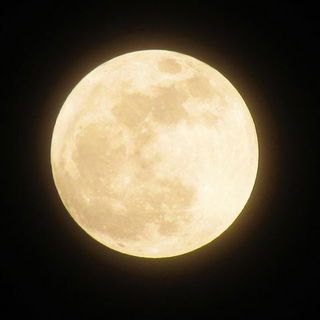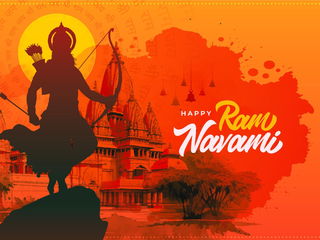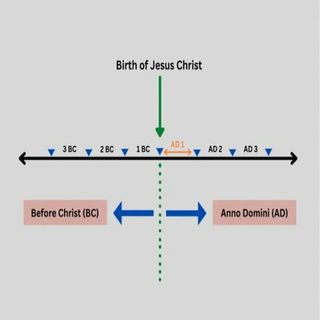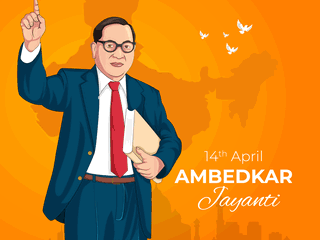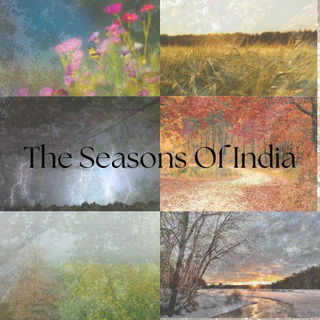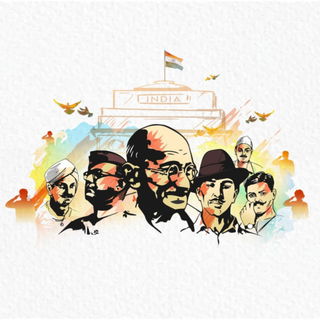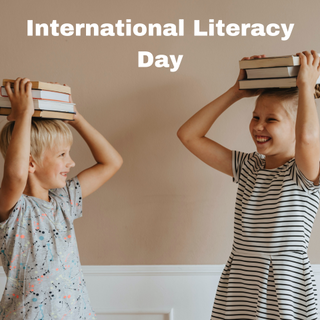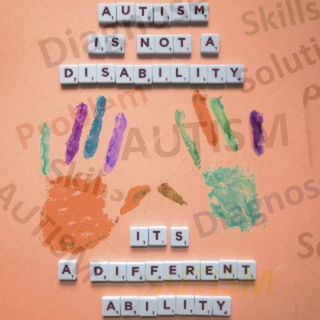- Calendar
- Calendar 2025
- November
- Holiday Children's Day
Children's Day
Holiday
Every November 14, India celebrates the spirit of its future- its children- on Children's Day, honoring the legacy of Jawaharlal Nehru, the nation's first Prime Minister.
This day is not a public holiday in India so schools and offices remain open as usual. In fact, most schools and educational institutions organize fun events to celebrate the day with the students.
Children often called Pandit Jawaharlal Nehru 'Chacha Nehru' (translation: Uncle Nehru) lovingly. This was because he was really fond of kids and took several important measures to ensure quality education and the rights of children.
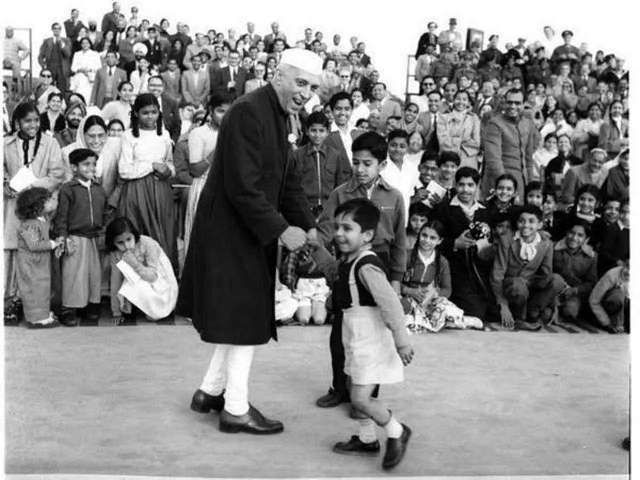
Children's Day History in India: The Legacy of Jawaharlal Nehru
Previously, Children's Day in India was celebrated on November 20 along with the rest of the world. However, a series of events took place which changed the date to November 14 coinciding with Jawaharlal Nehru's birthday.
In 1951, a United Nations Social Welfare fellow named V.M. Kulkarni was working on the case of the rehabilitation of children who were victims of crime in the United Kingdom. While carrying out this study, he realized that there was no such arrangement for the unfortunate kids in India.
V.M. Kulkarni got inspired by the idea of how Queen Elizabeth II's birthday, on June 19, is celebrated as Flag Day or a day to raise money for Save the Child Fund. Thus, he thought of doing something similar for India and proposed to the UN to mark Pandit Jawaharlal Nehru's birthday as Flag Day to collect funds for organizations working for the welfare of children.
Although he disliked the idea at first, Nehru later agreed. After getting his approval, the Indian Council for Child Welfare (ICCW) arranged the first-ever international fair in 1951, marking the beginning of Children's Day celebrations.
"I like being with children and talking to them and, even more, playing with them. For a moment I forget that I am terribly old and that it is a very long time ago since I was a child."
-Jawaharlal Nehru
The reason that Nehru's birthday was chosen as Children's Day was because he was a strong advocate for children's right to education and a proper life, as they are going to be the future leaders of the country. The former Prime Minister also contributed to this cause.
Pandit Jawaharlal Nehru established many prestigious educational institutions such as the Indian Institutes of Technology (IIT), the Indian Institutes of Management (IIM), the All India Institute of Medical Sciences (AIIMS), and the National Institute of Technology (NIT). He also implemented other measures such as free primary education, free meals including milk, and so on.
How is Children's Day Celebrated in India
Schools, Colleges, and other educational institutions across the country celebrate Children's Day with much fervor.
- Schools organize many fun and creative activities for their students such as singing, dancing, potluck, camping trips, picnics, and so on.
- This year on Children's Day, do not forget to do your part for the unfortunate kids and donate and volunteer for organizations that are working for children's causes.
- Raise awareness about primary issues affecting children in India such as child labour, illiteracy, poverty, and child marriage.
- Last but not least, do not forget to spend time with your children and encourage their dreams and aspirations as Nehru rightly said that they are the future of this country.
Lesser Known Facts About Children’s Day
- On Children's Day in 1957, Jawaharlal Nehru issued three new postage stamps: a little boy eating a banana which represented nutrition, a little girl with a slate which represented education and a clay horse.
- Nehru favoured children over grown-ups because he believed that the latter built barriers among themselves based on caste, religion, colour, nation, and so on while children were more naive and worked with all.
- Nehru emphasized the significance of art and culture, recognizing them as equally vital components of education. Thus, he helped with the establishment of renowned art institutions like Lalit Kala Academy and the Sahitya Akademi.
- Jawaharlal Nehru also helped establish vocational and technical schools, education centres, and centres for adults, especially in villages and rural areas.
- Pandit Jawaharlal Nehru was impressed and influenced by the education system in Japan.
Basic Rights of Children in India Guaranteed by the Constitution
- Right to Equality (Article 14): Every child is treated equally under the law.
- Right Against Discrimination (Article 15): No child should be discriminated against based on religion, caste, or gender.
- Right to Personal Liberty (Article 21): Children have the right to personal freedom and legal protection.
- Protection Against Trafficking (Article 23): Children should not be trafficked or forced into bonded labour.
- Protection of Weaker Sections (Article 46): Special protection is given to vulnerable children to prevent exploitation.
You might like to read about:
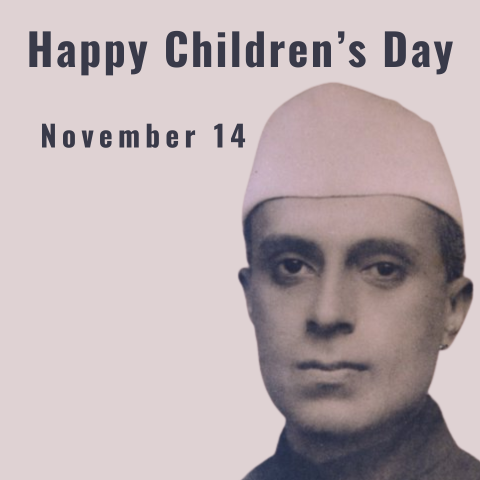
Other Celebrations
-
Apr 23 Wed
-
Jun 01 Sun
-
Jul 27 Sun
-
Aug 12 Tue
-
Sep 21 Sun
-
Nov 20 Thu

Children's Day - Next years
Saturday, 14 November 2026
Sunday, 14 November 2027
Tuesday, 14 November 2028
